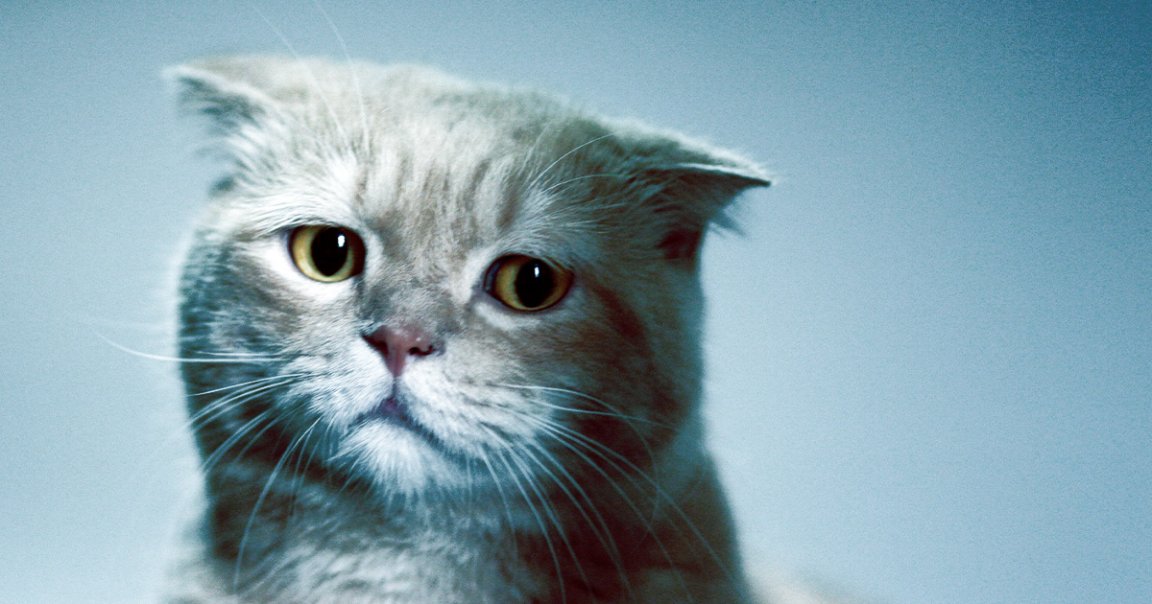
Tears of a Cat
In a new study, researchers found that cats seem to experience grief when other pets they live with die — and those feelings can even extend to their frenemies, dogs.
As NPR reports, researchers from Michigan’s Oakland University found that after another cat or dog in their household passed away, cats ate and played less than normal. With those behaviors being associated with grief in humans, these findings could suggest that cats experience something akin to mourning after the animals around them die.
Published in the journal Applied Animal Behaviour Science, this study conducted by psychologists is one of the only known papers dealing with the emotional states of domesticated cats. Jennifer Vonk, an OU psychology professor who co-authored the paper, told NPR she only knew of one other that dealt with grief in housecats.
For their study, Vonk and coauthor Brittany Greene spoke to 412 cat caregivers and asked them how their pet behaved after either another cat or a dog in their household had died. On average, the caregivers said that regardless of the species of their fellow pets, the cats wanted both more attention and time alone, ate less, slept more, and — perhaps most heartbreakingly — would look around for the animal that had passed.
Essentially, the cats behaved akin to the way we humans do when we grieve — which runs counter to the increasingly challenged notion that cats don’t have deep feelings.
Not Like Us
While the cats didn’t exhibit “huge changes” to their personalities, Vonk said that the findings were in line with studies that had looked into grief in dogs, which are both believed to be more social and have generally been studied more regularly.
“For me, the most compelling finding is that when cats were reported to change their behavior in ways that would be consistent with what we would expect for grief,” Vonk told NPR. “It’s predicted by things like the length of time that the animals lived together or the amount of time that they had spent together engaged in various activities or the quality of their relationships.”
As the psychologist notes, there could be some confounding factors at play in the study’s design — not least that pet owners may have been projecting their own grief onto their feline companions or that the cats may have been trying to console their humans (which is probably the sweetest thing we’ve heard all week).
A cat person herself, Vonk said that her research has also uncovered some new personal ideas and feelings about the animals.
“Maybe it’s more likely than I thought before that cats do have those feelings,” she told NPR.
More on cats: Mutation Has Led to a New Type of Cat, Scientists Say